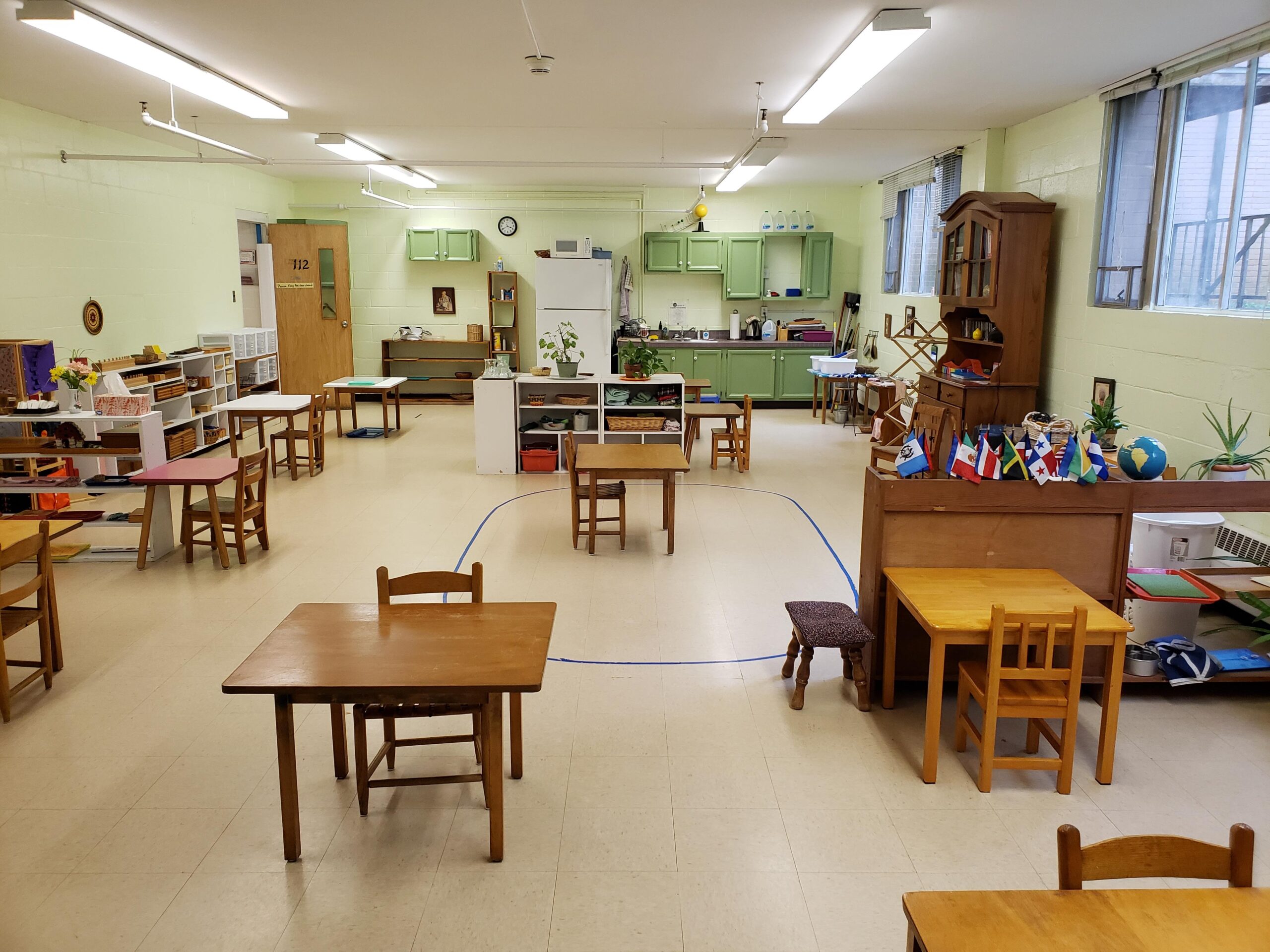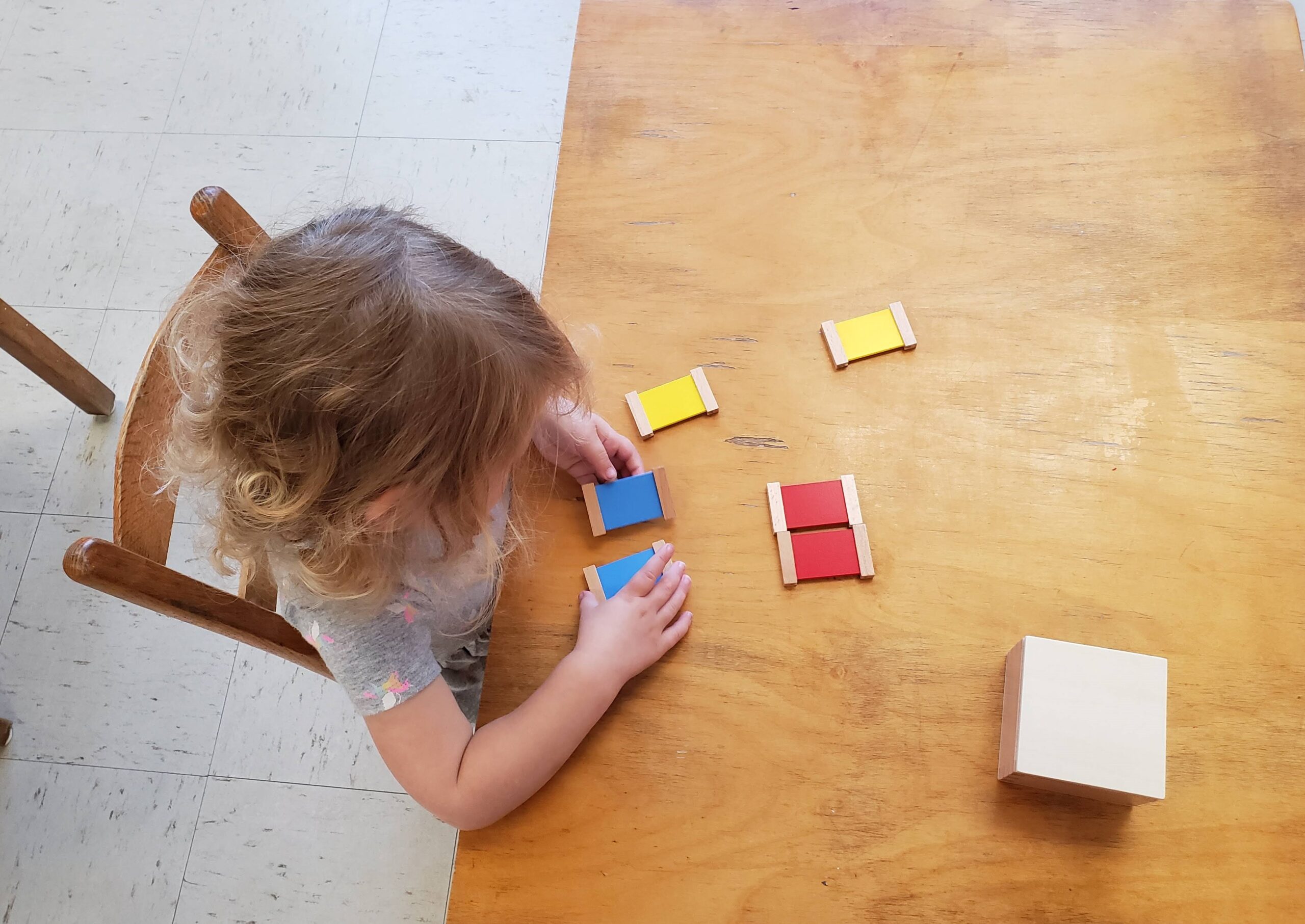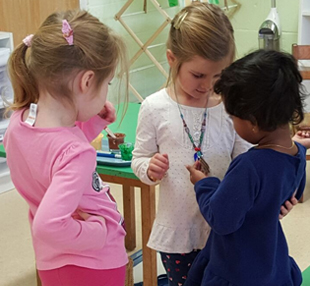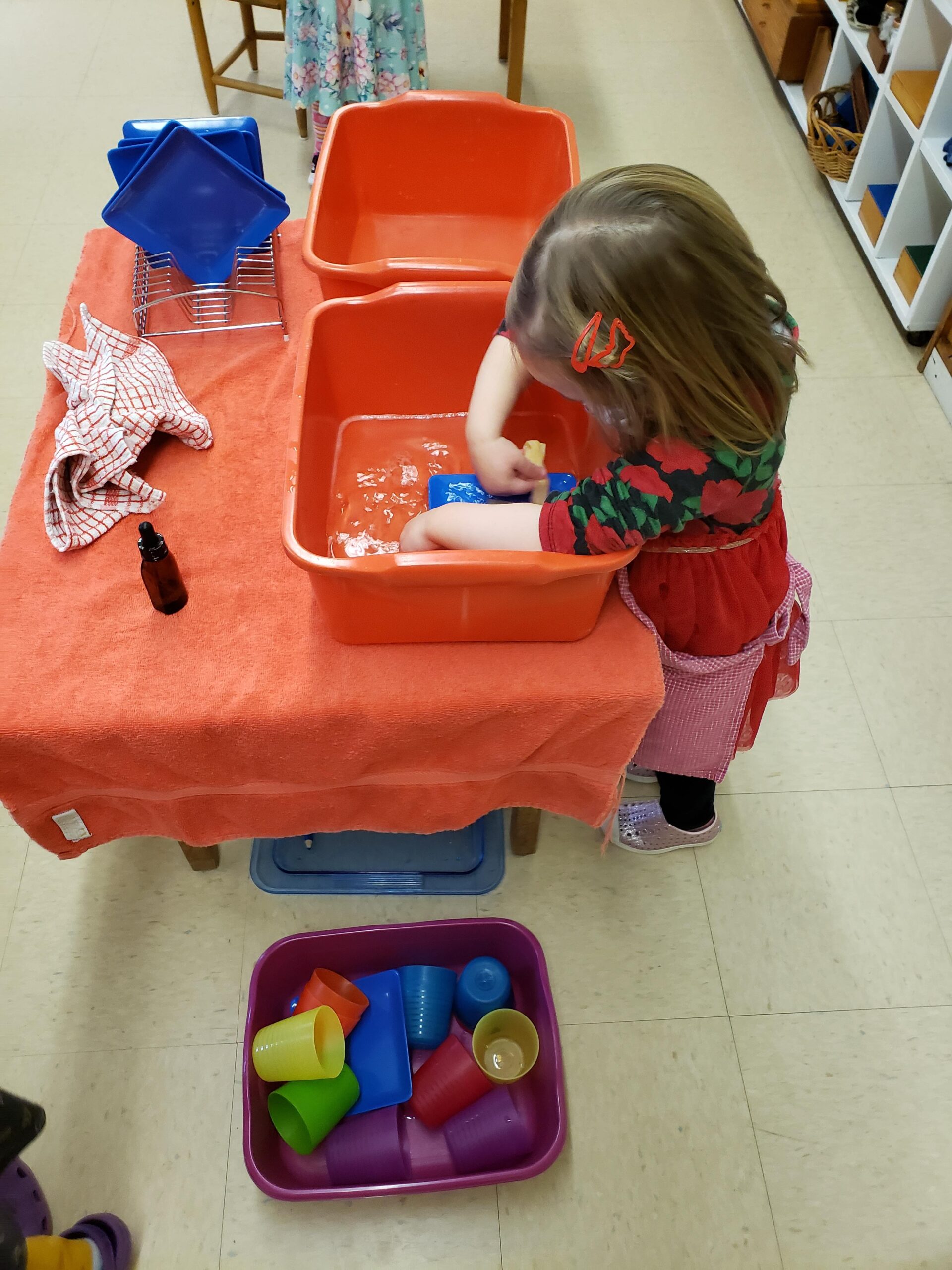Philosophy

The Montessori Method of Education, which originated in Italy in the early 1900’s, has since emerged as an approach to human development respected around the world. Dr. Maria Montessori, an Italian physician, professor of Anthropology, and educator, scientifically observed that children are born with an inner need to seek out experiences that enable them to actively pursue their own development.

Dr. Montessori recognized and described the “sensitive periods” occurring between the ages of two and a half and six years, during which a child can most easily acquire skills such as spoken and written language, social behaviors, precise coordination and sensorial awareness. She also called attention to the “absorbent mind” possessed by young children, which enables them to effortlessly assimilate information and take in all their experiences.

The Montessori classrooms are designed to respond to the children’s “Sensitive Periods” with adults professionally trained in the Montessori Method guiding them to their full readiness and maturity.

Because young children acquire knowledge through hands-on manipulation of objects, the classroom materials embody clear ideas such as weight and dimensions. The lessons are sequential, multisensory, and lead to abstract concepts.

Intellectual goals include the development of perceptual, auditory, verbal, mathematical, and reasoning skills.
In the social aspect, we encourage children to find joy and respect in their relationships and value grace and courtesy.

We stress the development of initiative, self-confidence, independence, and the ability to concentrate and complete a task. The lessons in our classroom are intended to further develop not only the fine and gross motor skills, but also the self-esteem of the children, through healthy cycles of challenge and achievement.
More information on the Montessori philosophy and method is available at the Association Montessori Internationale.
